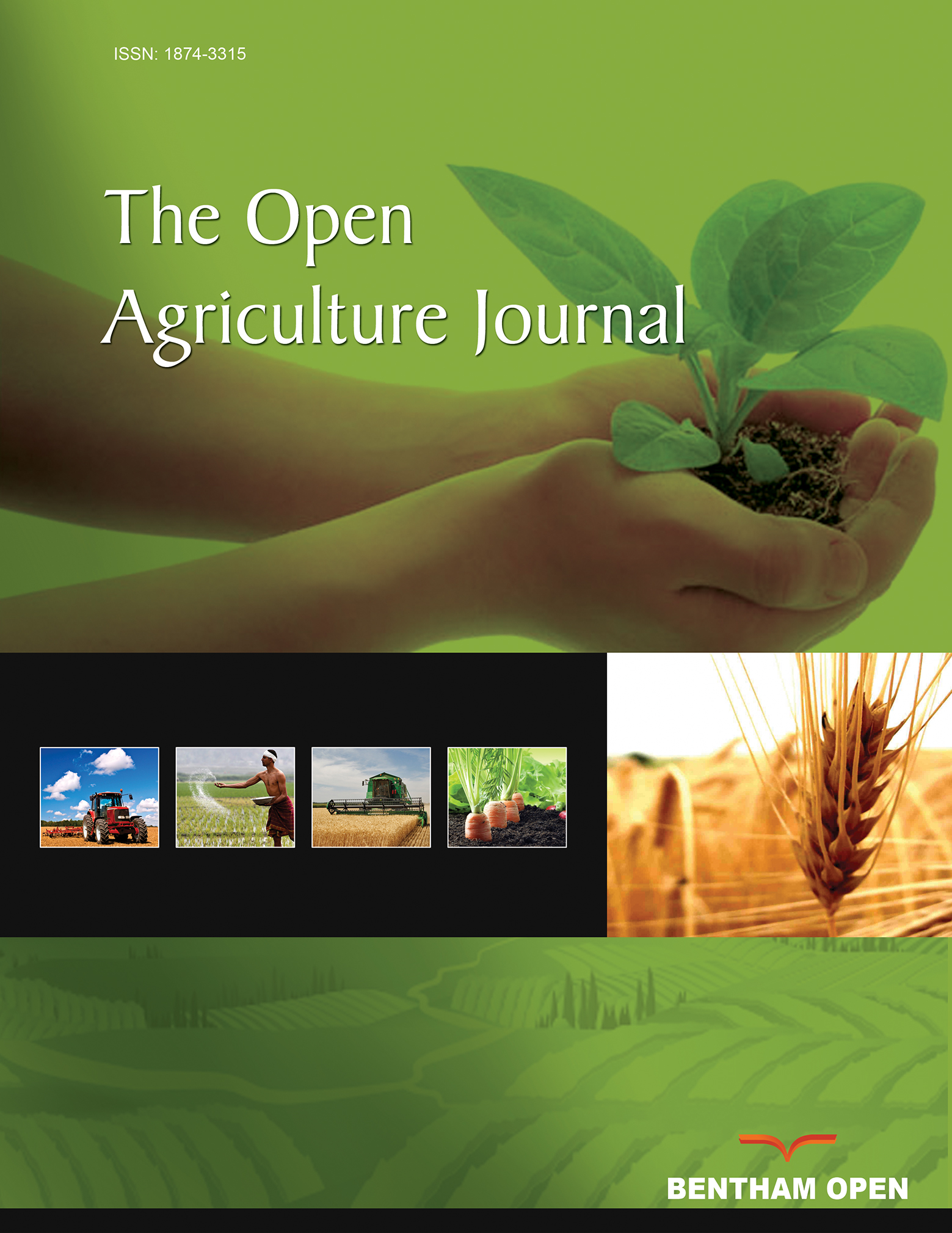All published articles of this journal are available on ScienceDirect.
Evaluation of Germination and Seedling Growth of Plant Seeds Primed with Cultures of Providencia Sp. and Bacillus Cereus under Varying Conditions
Abstract
Background:
Seed quality, an important determinant of germination and vigor potential, can be improved through seed priming. This study was therefore aimed at assessing the effects of steeping duration and inoculum concentration on the germination and seedling growth of five seed crops through priming with growth-promoting rhizobacteria.
Methods:
Broth cultures of five bacterial strains, belonging to Providencia vermicola (2 strains), P. rettgeri (2 strains), and Bacillus cereus (1 strain), isolated from rhizosphere were used for priming in the study. Seeds of cowpea (Vigna unguiculata), soybean (Glycine max), sorghum (Sorghum bicolor), sesame (Sesamum indicum), and okra (Abelmoschus esculentus) were used as experimental materials. To determine the effects of steeping duration, viable seeds of the respective crops were primed with broth cultures of the respective isolates and allowed to stand for a known duration (1, 2, 3, 4, or 5 h). Then, another set of viable seeds was steeped in varying concentrations of the bacterial cultures for a period that was determined to be the optimal steeping duration in the first experiment.
Result:
At the expiration of both experiments, final germination, mean germination time, germination index, and vigor index of the respective seeds were estimated. Generally, higher final germination and seedling vigor index values were restricted to shorter steeping periods for cowpea and soybean. With respect to inoculum concentration, there was no consistent pattern with the parameters.
Conclusion:
The study revealed the primacy of steeping duration over inoculum concentration with respect to bacterial priming.


